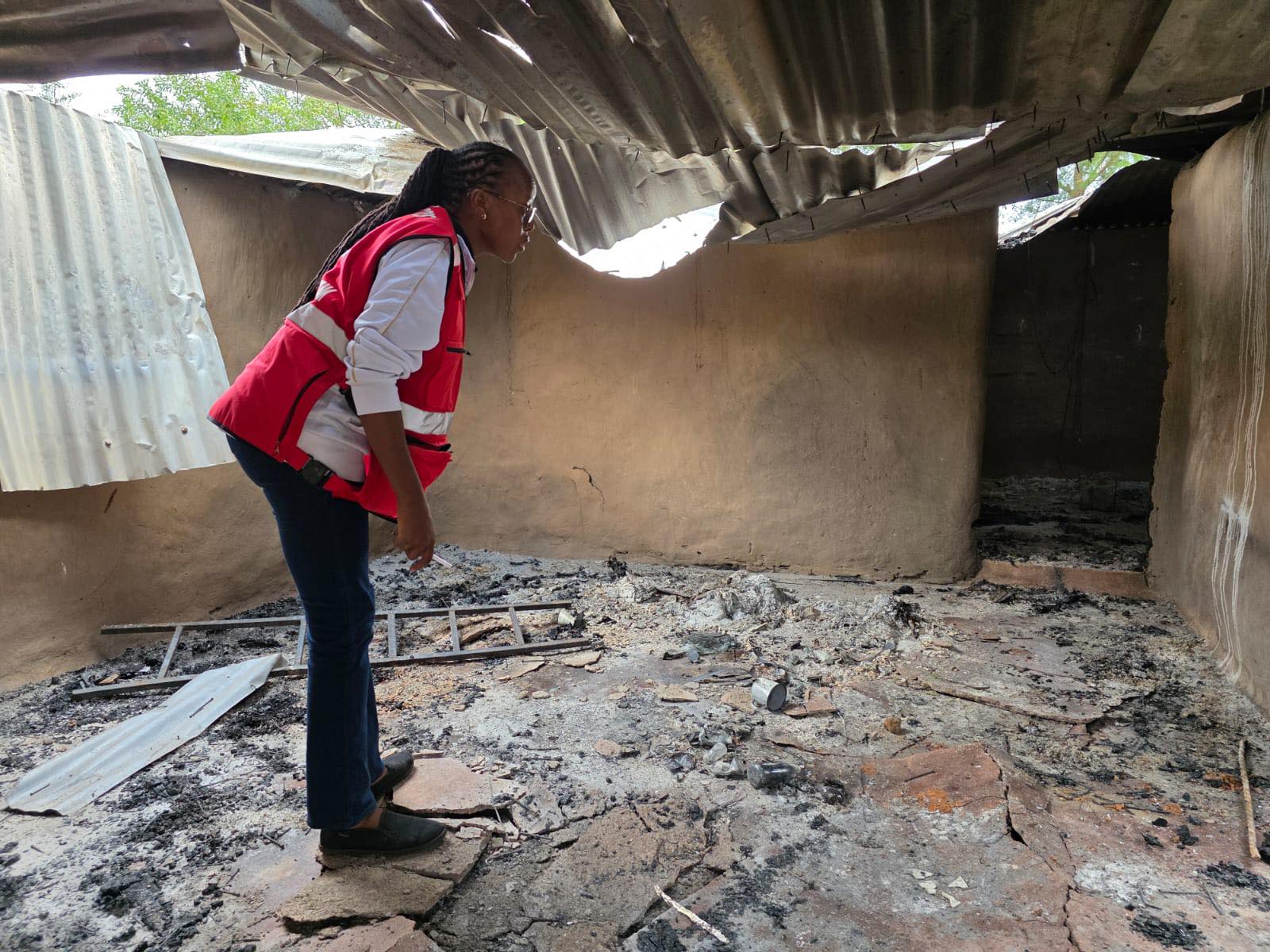Faith or Fraud? The Rise of Rogue Churches in Kenya and the Urgent Call for Stricter Regulation

There has been a phenomenal boom in religious institutions especially the churches in the last decade in Kenya.
In Kenya, freedom of worship is guaranteed by the Constitution, specifically Article 32, which states that every person has the right to freedom of conscience, religion, belief, and opinion, allowing individuals to manifest their religion through worship, practice, and teaching, without discrimination based on their beliefs.
Religion, which is increasingly ‘business-oriented’ in Kenya, have introduced many fake places of worship. Sadly, some individuals are exploiting the public in the name of religion, with some pastors establishing churches for financial purposes.
Currently, there are more than 4,000 churches that are registered under the Office of the Attorney General, ensuring religious bodies are playing by the books while promoting openness, dependability, and obedience to national regulation mechanisms. Numerous churches have emerged in Kenya despite this, that fail to steer believers based on good faith values and principles.
Although some of them have been banned before such as the infamous Paul Mackenzie cult church whose members were driven to death in tragic conditions in 2023, new churches continue to pop up without following legal protocols.
The recent closure of Bethel Church of Kapkwen in Bomet County, where the members were reportedly beaten by the church leadership in the name of "casting out demons," is enough condition to show the risks of unregulated religious activities within us. This incident is a wake up call for the government to exercise strict and regulated guidelines to ensure the security of citizens within churches.
The Religious Act (Cap 108) governs the registration and operation of religious organizations in Kenya, with the aim of reducing the incidence of exploitative cults and having a safe, equitable society where there is respect for freedom of expression and association.
To check the rise of unethical churches and cults, there is a need for a multi-faceted approach. Improvement of the legal system, like screening church leaders, is one of the measures. Screening must involve strict checks on criminal history, financial background checks, and scrutiny of qualifications to head religious affairs. Public education also plays an important role in reducing the risk of exploitation by exploitative religious organizations.
The media can facilitate public awareness and engage in campaigns to inform the public on how to identify and steer clear of pseudo-churches.
Additionally, integrating ethical religious practice, critical thinking, cult awareness, and cautious religious involvement into school programs will educate youths on the risks of religious exploitation.
Therefore, having be a well-defined and actionable code of conduct that would guide religious leaders, with the objective of ensuring ethical leadership and sermonization. There must also be a governing body to oversee churches' operations in order to ensure that they comply with legal and ethical principles.
The government must ensure national registration of churches to increase monitoring and regulation of religious organizations, and the roll of registered churches ought to be available to the public. This will ensure a great reduction of exploitative cults.







Comments (0)
No comments yet. Be the first to comment!